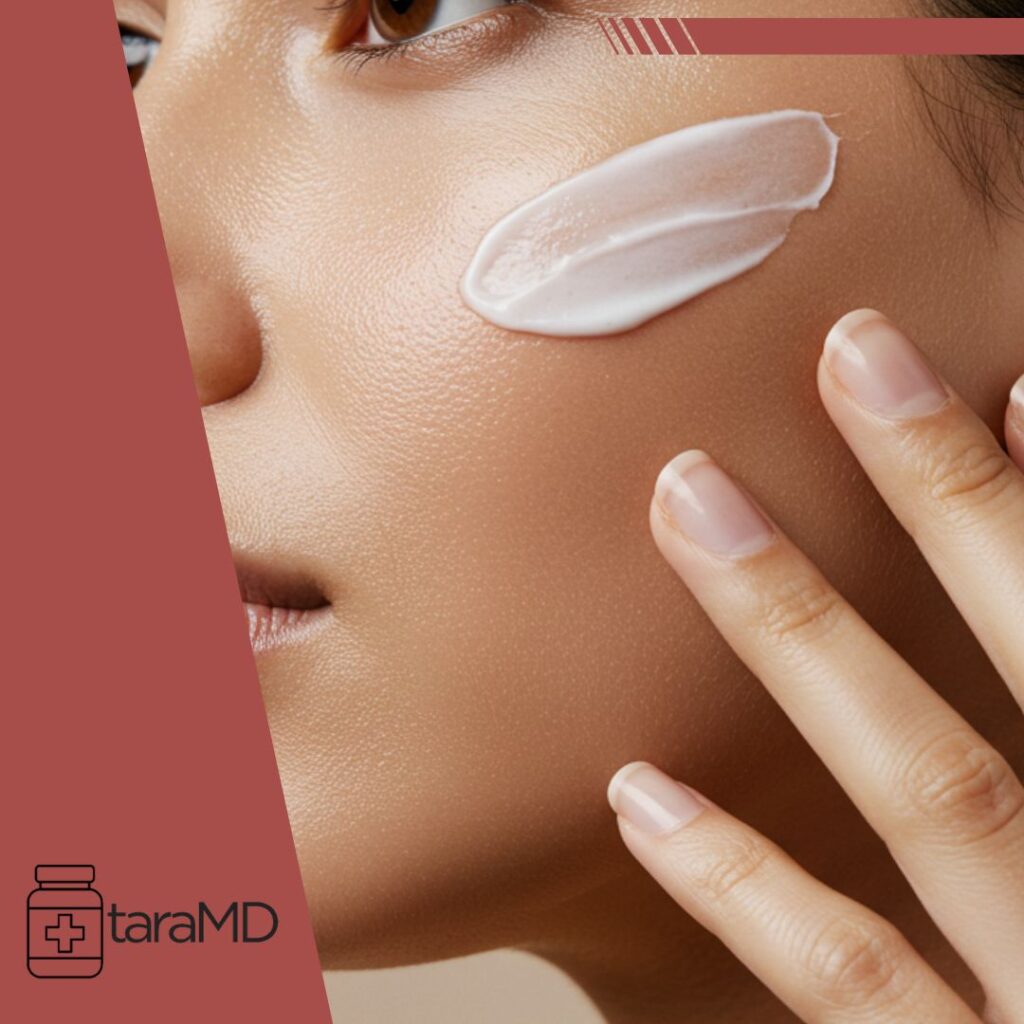In today’s fast-paced world, stress has become an inevitable part of daily life. While many people are aware of the mental and emotional toll stress can take, fewer realize how it can directly affect the skin. Stress can trigger a wide range of skin issues, from acne to eczema flare-ups, and even accelerate the signs of aging. Understanding the connection between stress and skin health is key to developing effective skincare solutions that help maintain a healthy complexion. In this article, we’ll explore how stress impacts your skin and offer practical skincare solutions to counter its effects.
1. The Link Between Stress and Skin Health
When we’re stressed, the body releases a hormone called cortisol, which is often referred to as the “stress hormone.” While cortisol is necessary for managing the body’s fight-or-flight response, prolonged or chronic stress leads to consistently elevated cortisol levels, which can wreak havoc on the skin.
- Increased Oil Production: High cortisol levels can stimulate the sebaceous glands to produce more oil, leading to clogged pores and acne. This is especially true for individuals with oily skin or those who are prone to hormonal breakouts.
- Inflammation: Stress triggers inflammation in the body, which can worsen skin conditions like acne, eczema, and psoriasis. Chronic inflammation may also contribute to skin redness and puffiness, leading to a dull, uneven complexion.
- Decreased Skin Repair: Stress can interfere with the skin’s natural ability to repair itself. Skin turnover slows down, making it harder to heal blemishes, wounds, and scars, which can result in lingering acne marks or discoloration.
- Premature Aging: Elevated cortisol levels can break down collagen, the protein that keeps skin firm and elastic. This breakdown can accelerate the formation of fine lines, wrinkles, and sagging, contributing to premature aging.
2. Skincare Solutions for Stress-Related Skin Issues
While you can’t always avoid stress, there are effective skincare solutions to help counteract its impact on your skin. Here are some strategies to incorporate into your routine:
- Gentle Cleansing: To combat stress-related breakouts, use a gentle, non-comedogenic cleanser to remove excess oil and dirt without irritating the skin. Avoid harsh scrubs, which can aggravate sensitive skin and lead to inflammation.
- Incorporate Anti-Inflammatory Ingredients: Skincare products that contain anti-inflammatory ingredients like niacinamide, green tea extract, or aloe vera can help reduce redness and calm irritated skin. These ingredients help to soothe inflammation and support the skin’s healing process.
- Hydration is Key: Stress can dehydrate your skin, leading to dryness and irritation. Use a hydrating moisturizer with ingredients like hyaluronic acid to retain moisture and strengthen the skin’s barrier. For dry skin, consider adding oils like jojoba or argan oil to help lock in moisture.
- Retinoids for Skin Renewal: If stress has led to an uneven complexion or prolonged blemishes, retinoids can help speed up skin cell turnover, encouraging faster healing and brighter skin. Start with a lower concentration to avoid irritation, and always apply sunscreen during the day when using retinoids.
- Stress-Reducing Skincare Rituals: Creating a calming skincare routine can help reduce the effects of stress. Take a few minutes each day to indulge in a soothing facial massage, apply a hydrating mask, or use a calming facial mist with ingredients like lavender or chamomile to promote relaxation and reduce stress levels.
3. Lifestyle Adjustments for Stress Relief
In addition to skincare products, managing stress is essential for improving your skin’s health. Here are some lifestyle changes to consider:
- Regular Exercise: Physical activity helps regulate cortisol levels and promotes better circulation, delivering more oxygen and nutrients to the skin. Exercise can also reduce anxiety and improve sleep, further benefiting your skin.
- Mindfulness and Relaxation: Practices like yoga, meditation, and deep breathing exercises can help lower stress levels and prevent the negative impact on your skin. Even just a few minutes of mindfulness each day can make a difference.
- Adequate Sleep: Sleep is essential for the skin’s repair process. Aim for 7-8 hours of restful sleep each night to allow your skin to heal and regenerate. Consider a nighttime skincare routine with products designed for overnight repair, like retinol or sleeping masks.
Take Control of Stress and Your Skin’s Health
Stress is an inevitable part of life, but it doesn’t have to control your skin’s health. By understanding how stress affects your skin and incorporating effective skincare solutions, you can mitigate its impact and maintain a healthy, glowing complexion. Focus on gentle, anti-inflammatory skincare products, and take time to manage your stress through mindfulness and relaxation. With the right approach, you can achieve clearer, healthier skin, no matter how stressful life may get. Make self-care and stress management a priority—your skin will thank you.
Read more:

